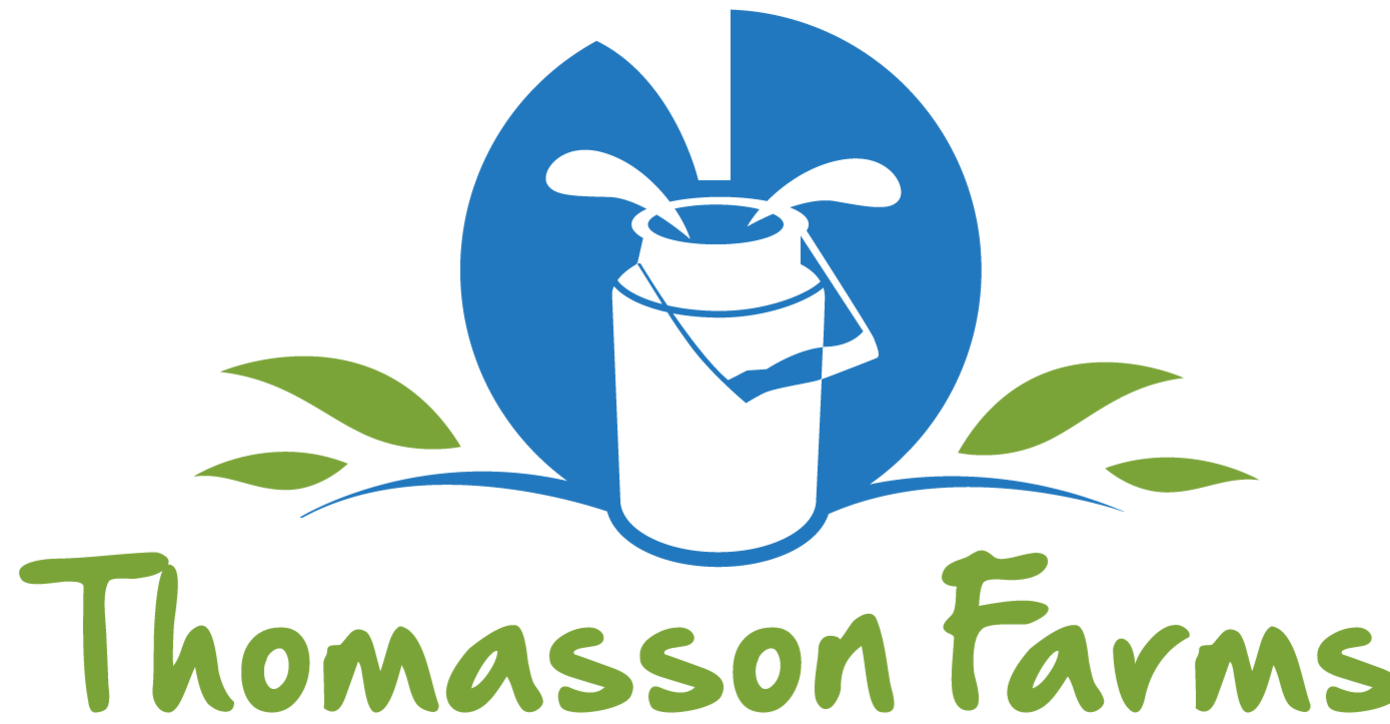Tackling Climate Change
Agriculture plays a critical role in tackling climate change. One of the challenges we face is to feed a growing global population sustainably. As a large-scale milk producer, we want to help set the standard in the UK dairy sector. Our ambition is to achieve net zero status through sustainable farming methods, investing in renewable energy and adopting regenerative farming techniques.
Renewables
In 2016 we invested in a Anaerobic Digester, our first large investment in renewable energy. The Digester is almost entirely powered by slurry from our cows, with a small amount of their left over feed added each day. We do not grow any crops solely for the Digester, all crops are fed to our cows first.
By capturing the methane from the cows slurry, we can generate enough electricity to power the farm. All surplus electricity is exported to the national grid which is enough to power over 1500 homes locally.
The solid by-product of the Digester is a nutrient dense, natural fertiliser which we use on our own land and is available as BioBloom Soil Enricher. This minimises the amount of chemical fertiliser needed to grow our crops.

To further utilise the heat from the Anaerobic Digester, the main farm is also home to two boilers which heat water for the farm, and we have made use of our larger buildings by installing solar panels, from which the electricity generated is exported to the national grid.
In 2021 we installed ground source heated drying stores which enable us to dry grain, forage, animal bedding and other materials both for our own use and surrounding farms. Using heat from deep underground and power generated by our Digester is an effective way to further reduce our carbon footprint.
Land Management & Countryside Stewardship
The future of farming depends on producing food efficiently and sustainably whilst taking great care of the natural environment. We have always been enthusiastic to try new and innovative technology to improve efficiency in our crop growing.
Improving and maintaining soil health is crucial to our farming practices, as it ensure that land is productive for future generations. Healthy soil sequesters carbon, improves water cycles, encourages biodiversity and protects ecosystems. Our land management strategy includes no-till drilling to minimise soil disturbance, regular soil testing, cover cropping and crop rotation to rest and protect soils, and where possible we apply our natural fertiliser, BioBloom in place of chemical fertilisers.
Our land management strategy is to continue protecting nature and wildlife on the land we farm. We have established new hedgerows and leave existing hedges instead of cutting each year, allowing habitats and wildlife to thrive. Leaving buffer strips and grassy corners around arable land has provided natural habitats and encouraged biodiversity.




